Safeguarding Seafarers through Advanced Marine Navigational Systems
As the maritime industry continues to evolve, ensuring the safety of seafarers remains a top priority. In this blog post, we’ll explore the pivotal role of marine navigational systems in enhancing safety at sea. From the evolution of navigation technology to the benefits of modern tools, case studies illustrating safety improvements, and the challenges faced, join us in understanding how these systems have become the cornerstone of maritime safety. Whether you’re a seasoned sailor or someone curious about the technological advancements shaping our seas, this exploration into marine navigational systems promises insights into their crucial significance.
Evolution of Marine Navigation Technology: From Stars to Satellites
The history of marine navigation is a fascinating journey from relying on celestial bodies for direction to the sophisticated satellite-based systems of today. Traditionally, seafarers navigated by the stars, magnetic compasses, and charts. The advent of radar in the mid-20th century marked a significant leap, allowing vessels to detect obstacles and other ships. Today, Global Navigation Satellite Systems (GNSS), including GPS, have revolutionized marine navigation, providing accurate and real-time positioning information.
Types of Modern Navigational Systems: A Comprehensive Toolkit
Modern navigational systems offer a diverse array of tools tailored to meet the unique challenges of maritime navigation. Marine radar, Electronic Chart Display and Information Systems (ECDIS), Automatic Identification System (AIS), and sonar are just a few examples. Each system plays a specific role, contributing to the overall safety and efficiency of maritime operations. Whether it’s detecting nearby vessels, charting courses, or navigating through challenging waters, these tools work in harmony to provide a comprehensive navigational toolkit.
Benefits of Using Advanced Navigation Tools: Precision and Safety Amplified
The adoption of advanced navigation tools brings a myriad of benefits to the maritime industry. One of the primary advantages is precision in navigation, allowing vessels to follow accurate routes and avoid potential hazards. Improved situational awareness, collision avoidance, and efficient route planning contribute to overall safety. Additionally, these tools enhance operational efficiency, reducing the risk of accidents and enabling seafarers to navigate confidently in diverse conditions.
Challenges and Limitations of Navigational Systems: Navigating the Unknown
While navigational systems have significantly improved maritime safety, they are not without challenges. Signal disruptions, cybersecurity concerns, and the need for continuous system updates pose ongoing challenges. Seafarers also need to be adequately trained to use these technologies effectively. Recognizing these limitations is essential for the continued refinement and enhancement of navigational systems.
Future Potential and Importance
As we navigate towards the future, the importance of marine navigational systems in ensuring safety at sea cannot be overstated. The continuous evolution of technology, coupled with a commitment to addressing challenges, holds promising potential for further enhancements. To explore a comprehensive range of state-of-the-art marine navigation equipment, visit www.tecomart.co. As we embrace the future of maritime technology, it is the integration and advancement of navigational systems that will keep seafarers safe, ships on course, and our oceans secure for generations to come.
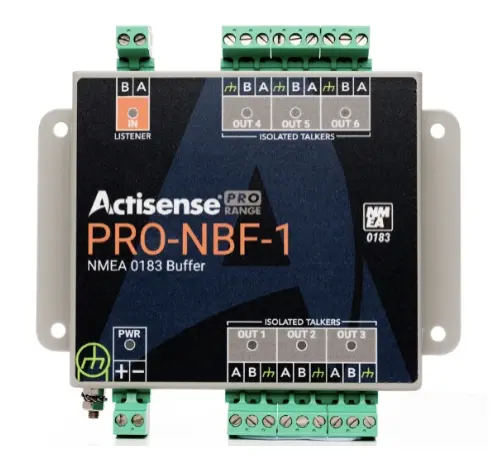

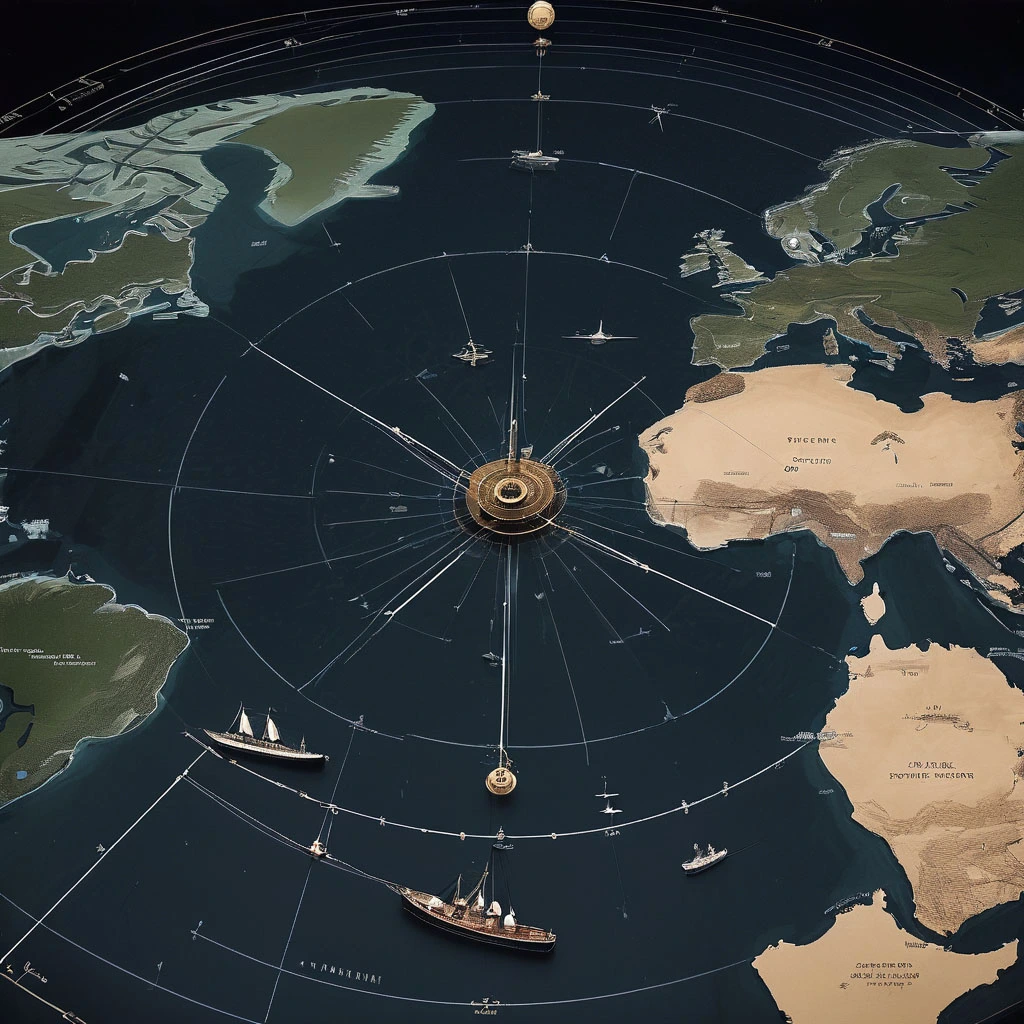
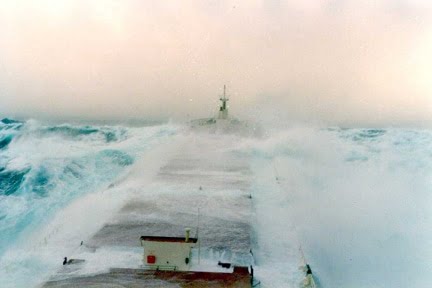
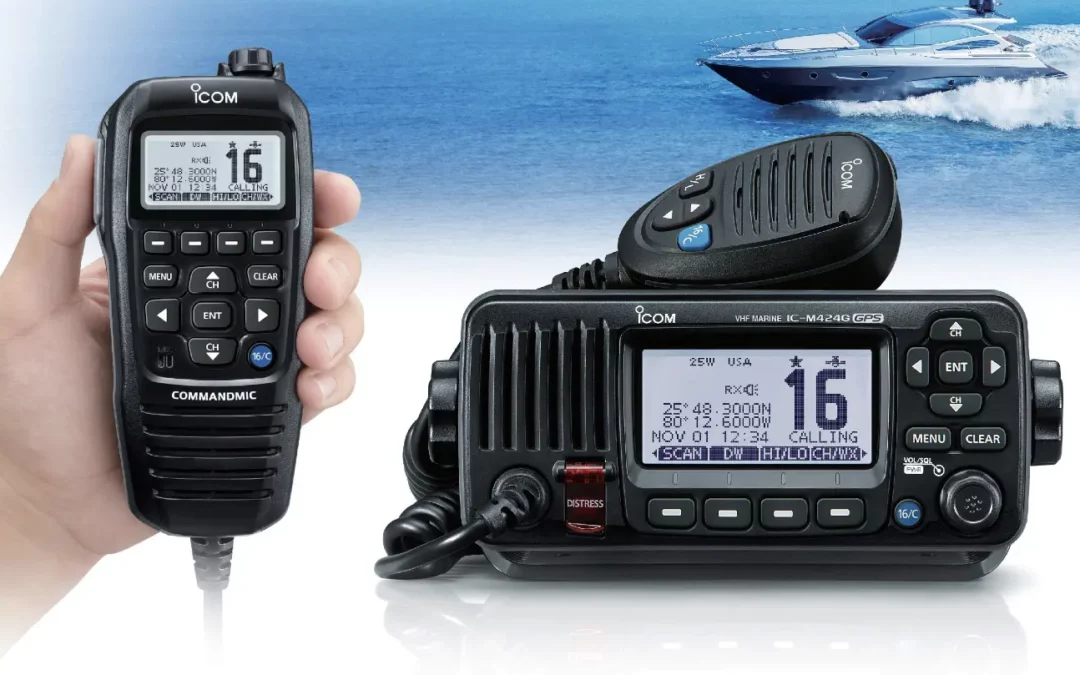
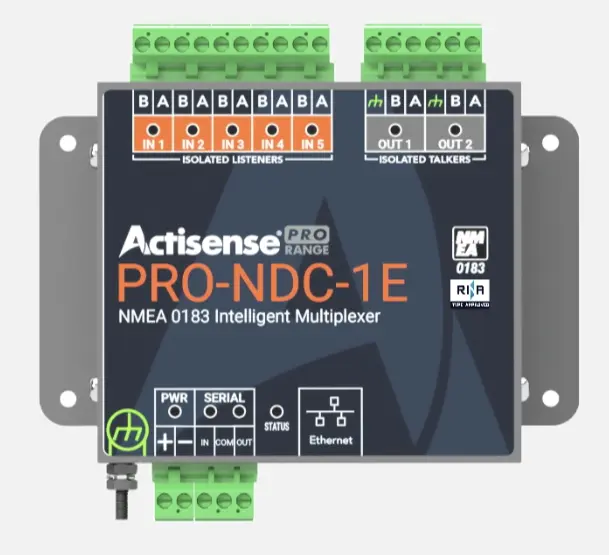
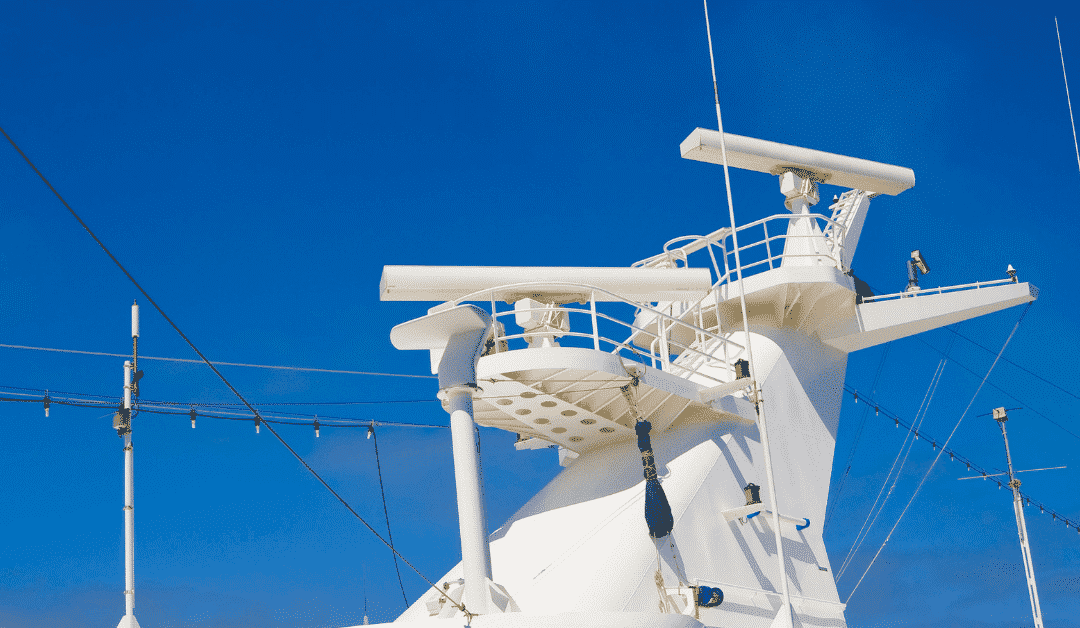
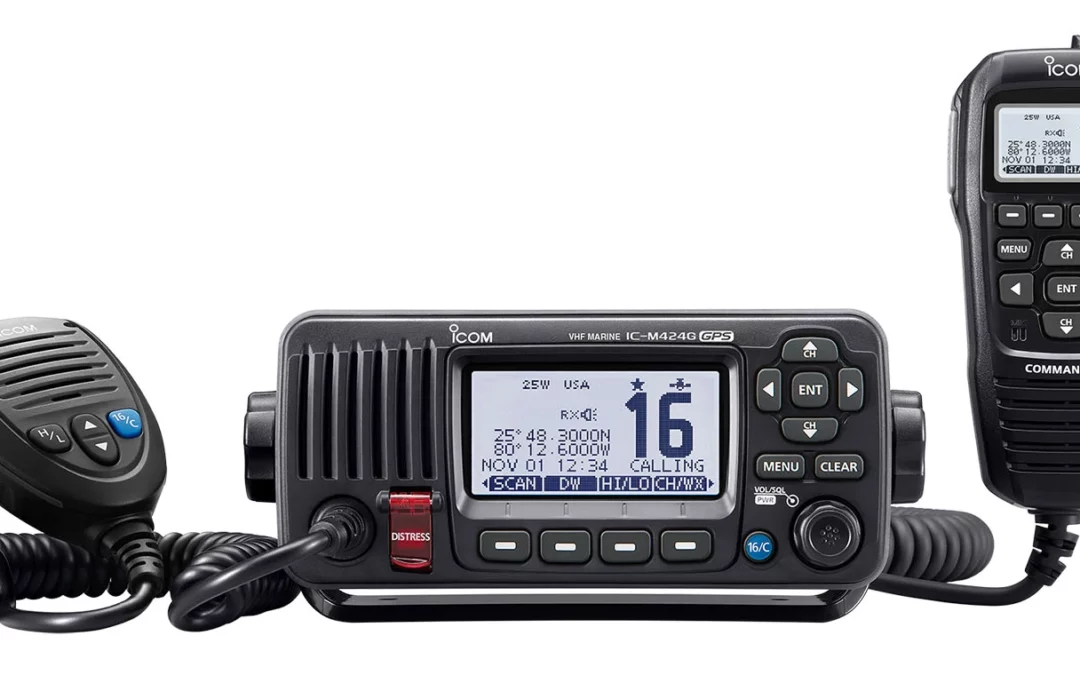
0 Comments